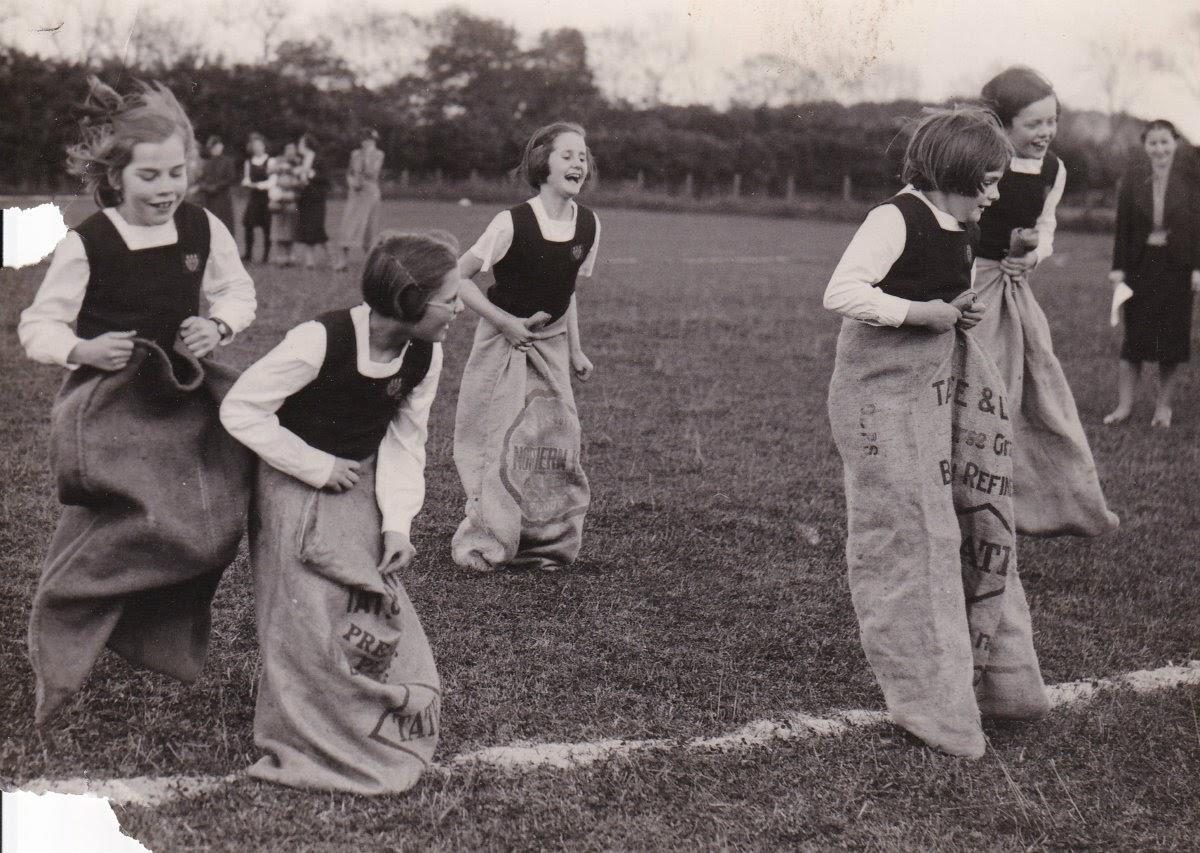It’s not the scandal that gets you, it’s the sports day.
OK, it’s not a well known Westminster maxim but it could become one.
Of course the talk in and around parliament and, most pertinently these days, in the many, many WhatsApp chats of politicians and Westminster hangers-on has been dominated by Matt Hancock’s indiscretion.
When the Hancock story first appeared in the papers it was the highest form of front page splash – a marmalade dropper. So called because folk reading the paper over breakfast would get such a shock that their toast spread with marmalade would fall from their hand before making contact with their lips. Far fewer people get a morning paper, and muesli is replaced marmalade in many homes these days, but the terminology remains.
However, the true strength of a story rests not on its immediate impact or even the consequences, which in this case saw the Westminster health secretary quit, but on that mystical quality: cut through.
Downing Street wants to know what we care about – so they can ignore it
The current administration in Number 10 values cut through over all else. It’s why they spend vast amounts of time and money on polling and focus groups. They want to know what people really care about.
Minister after minister sent out to put the Hancock mess to bed robotically mouthed the term: “The people’s priorities”. And to think those same Tories used to have the temerity to describe SNP spokespeople as independence-programmed drones.
They were right, of course, it’s just that UK politics has been rent by a referendum, as Scottish politics was in 2014, and they are now aping the activities they used to criticise in others.
The mystery is why the government doesn’t act on those findings. They seem to use their insight to determine what they can ignore rather than building a programme grounded in meeting voters’ needs.
Unsporting decisions on sports days
For if you leave Whitehall just now, you will find the nation divided on Matt Hancock. Those who backed Brexit and Boris Johnson will tell you the health secretary’s private life is his own business and that he was just doing his best in the face of an unprecedented health crisis. The other half of the population, who voted remain and hold the Tories in disdain, think Hancock’s breach of Covid guidelines was worthy of a turn in the wicker man rather than letting him off with just quitting his job.
Both sides are more concerned with issues closer to home, namely sports days. The rules on school sports days in England are not clear. (Bear in mind English schools still have a few weeks to run before their summer break).
Many schools have cancelled sports day or have banned parents from attending for fear the crowd will breach the current restrictions that limit outdoor gatherings to groups of 30.
It is, of course, even more outrageous that elite sport carries on while school sports are off. Tomorrow’s medal winners must start somewhere
Now, some parents are delighted about dodging a day off work, standing around the local park and dealing with the inevitable tantrum when their darling trundles over the finishing line behind the kid that wins all the events and doesn’t even get awarded the “best trier” ribbon. But whatever their feeling about actually attending, school WhatsApp groups are alight with indignation that mums and dads can’t go to sports day while thousands gather at Wimbledon or Wembley.
There’s a widespread feeling that UEFA dignitaries are receiving special treatment to be allowed to attend games at the Euros or that those who can afford the refreshments at Wimbledon are getting a different deal to the rest of us, who would baulk at spending £2.50 for just 10 strawberries.
It feels like families and children are an afterthought
It is, of course, even more outrageous that elite sport carries on while school sports are off. Tomorrow’s medal winners must start somewhere.
It’s hardly surprising coming from the government that gave the green light to selling off school sports fields as soon as the last athlete had left London’s Olympic village in 2012, but it still stinks.
As throughout this crisis, it feels like families and school pupils are an afterthought, if they generate any thinking at all in Downing Street.
The Hancock affair sparked headlines and inspired online jokes but it didn’t impact anyone’s everyday life outwith the two families affected.
The efforts made by government to let certain people watch Andy Murray or Harry Kane but prevent parents taking in their own child’s sporting endeavours has generated resentment because folk can feel the unfairness.
And for government it remains the case that headlines are invariably the next day’s fish and chip papers. Resentment and a feeling that those in power are taking you, and your family, for granted can have a longevity that proves far more deadly for the prospects of retaining power.
James Millar is a political commentator and author and a former Westminster correspondent for The Sunday Post













